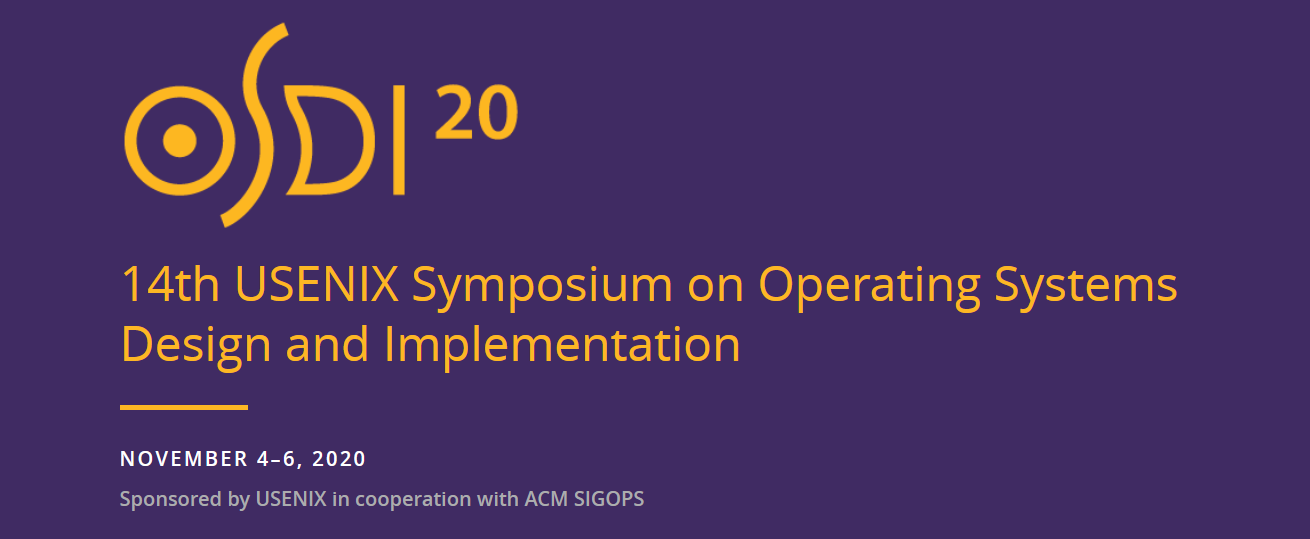Abstract:
Modern datacenter applications are composed of hundreds of microservices with high degrees of fanout. As a result, they are sensitive to tail latency and require high request throughputs. Maintaining these characteristics under overload is difficult, especially for RPCs with short service times. In this paper, we consider the challenging case of microsecond-scale RPCs, where the cost of communicating information and dropping a request is similar to the cost of processing a request. We present Breakwater, an overload control scheme that can prevent overload in microsecond-scale services through a new, server-driven admission control scheme that issues credits based on server-side queueing delay. Breakwater contributes several techniques to amortize communication costs. It engages in demand speculation, where it assumes clients have unmet demand and issues additional credits when the server is not overloaded. Moreover, it piggybacks client-side demand information in RPC requests and credits in RPC responses. To cope with the occasional bursts in load caused by demand speculation, Breakwater drops requests when overloaded using active queue management. When clients’ demand spikes unexpectedly to 1.4x capacity, Breakwater converges to stable performance in less than 20 ms with no congestion collapse while DAGOR and SEDA take 500 ms and 1.58 s to recover from congestion collapse, respectively.









































